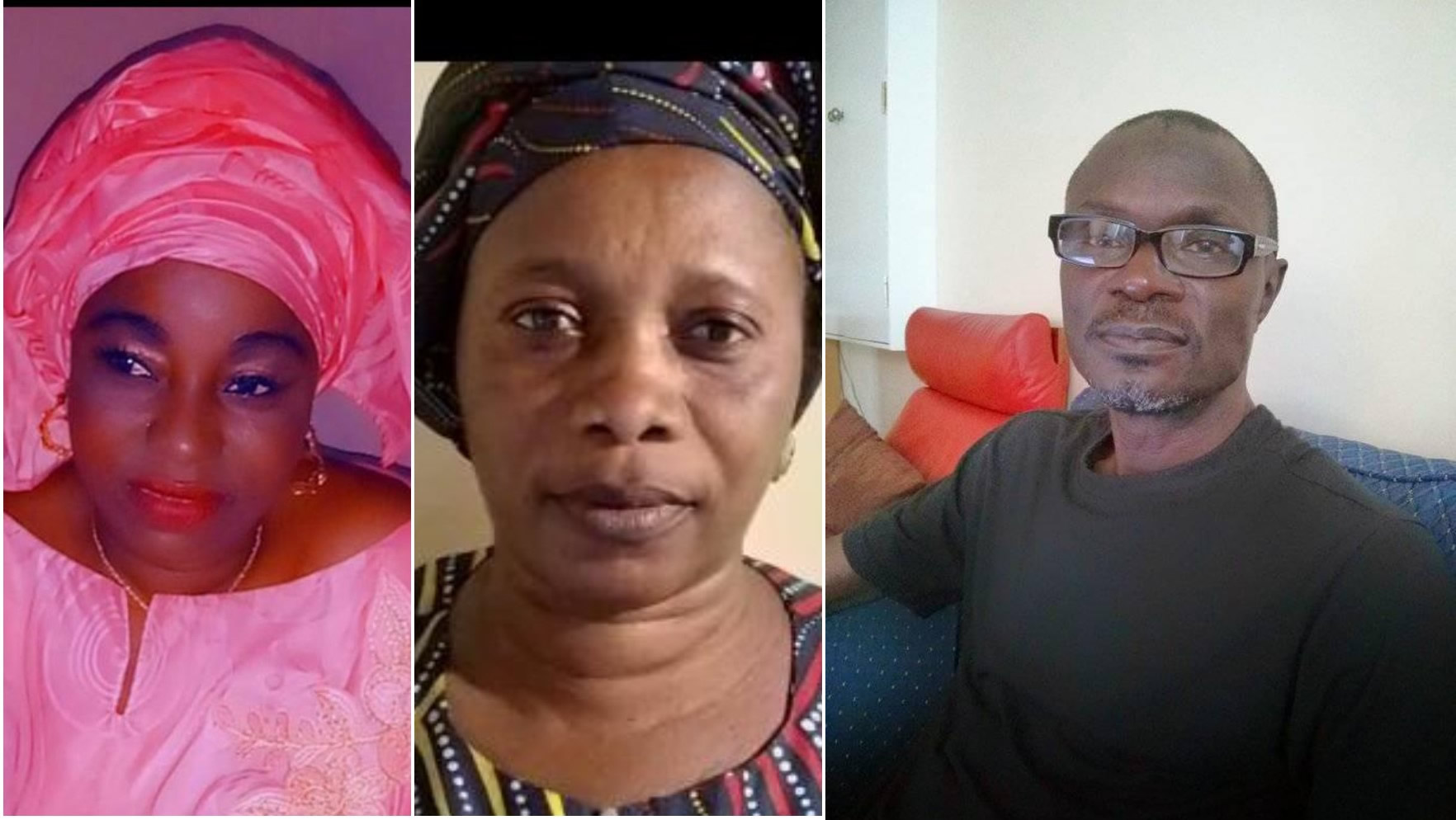
Marriage counselling isn’t the core business of credit unions, but mediating on marriage difficulties is what spurred the development of one credit union in The Gambia. Sofora (‘let’s join hands together and help each other’) Cooperative Credit Union started out in 2006 as a solidarity group (study group) of wives and newly married wives assisting and supporting one another to develop a source of income.
The Group was introduced to NACCUG, the ILCUF’s local partner in the Gambia, by Mr Aziz Yankuba Bojang who was then serving as Chairman of the Gambia Police force Cooperative Credit Union. With Technical Support from NACCUG, the credit union operated as a study group till August 2011 and on the 8 th of September 2011 Sofora cooperative credit union was officially registered as a cooperative credit union in the Gambia. The women are also thankful to Mr Aziz Yankuba Bojang who recognized that these women group has potentials to become a model credit union and recommended them to NACCUG. Over a number of years, the solidarity group evolved into a credit union and in the year 2015, they constructed their first office, a small single room subdivided into a back office and front office. They are very proud of their modest office and it marks an important milestone in their development. Now, the credit union has 223 members and their office is open six days a week.
The solidarity group continues to meet together and support each other in financing individual petty trade activities. Initially they started out by buying Omo soap powder in bulk, subdividing it into plastic bags in amounts worth 25 dalasi (€0.50) for selling on. Members of the group would then buy these mini soap packs for 30 dalasi (still less than the market rate) and the 5 dalasi would go towards the group development account.
In The Gambia, it’s not unusual for a husband to have more than one wife. Some women in the Sofora solidarity group share the same husband and at times, the group has been used as a forum to resolve disputes between first and second wives.
About 15 of the 60 members of the Solidarity group don’t have credit union accounts, but with the support of a project funded by Irish Aid and the ILCU Foundation, these women and many others like them are being targeted for support through a graduation microfinance project being implemented by NACCUG. Graduation Microfinance is a way in which credit unions support people to become members of informal savings and loans groups, with a view to upgrading to full membership of the credit union over time. It is premised on the fact that the poorest people often need extra support to develop the confidence to participate in projects designed to encourage saving and sensible borrowing.
Safiatou Sanneh is the Chairperson of Sofora credit union. A dynamic woman, she sells second hand clothes in the outdoor market. She explained the importance for all women in the group to continue to save every month while also repaying their loan. Bintou Jammeh sells fish at the local market. She received a loan of 1,000 dalasi (€20) from the credit union to help her set up this business. Accesses to loans are important for women like her but as the size of the loan you can access depends on your savings, it is also important to save. As Ndey Jarju puts it ‘when you save and have issues you can go to your savings and solve your issue’ While the loans are being used for small businesses, the desired outcome is one that parents all over the world can relate to: a better life for their children. School is at the forefront in the mothers’ minds when we visited in August, in particular the costs of school books and uniforms. ‘Our children are our
future’, they say and they want them to have the best education possible.
The women reported that their husbands are happy that they are involved with the credit union because the women’s income can supplement the men’s wages. ‘It’s your money, you just inform the man if you are travelling out of town; the decision to spend the money is yours’. However, the fact that the group is sometimes used as a forum to resolve disagreements between wives may be another reason why the men are supportive. When asked about what is the best thing in being a member of the credit union, the response is the security and support it provides. ‘You don’t need to go to others; you solve the problem within the group’.
These women are not aware of the Sustainable Development Goals and sub target 1.4 which states that by 2030 all women and men will have equal rights to economic resources including microfinance, but they are an example of how this can be achieved: through the credit union philosophy of cooperation and its central values of equality, equity and mutual self-help.